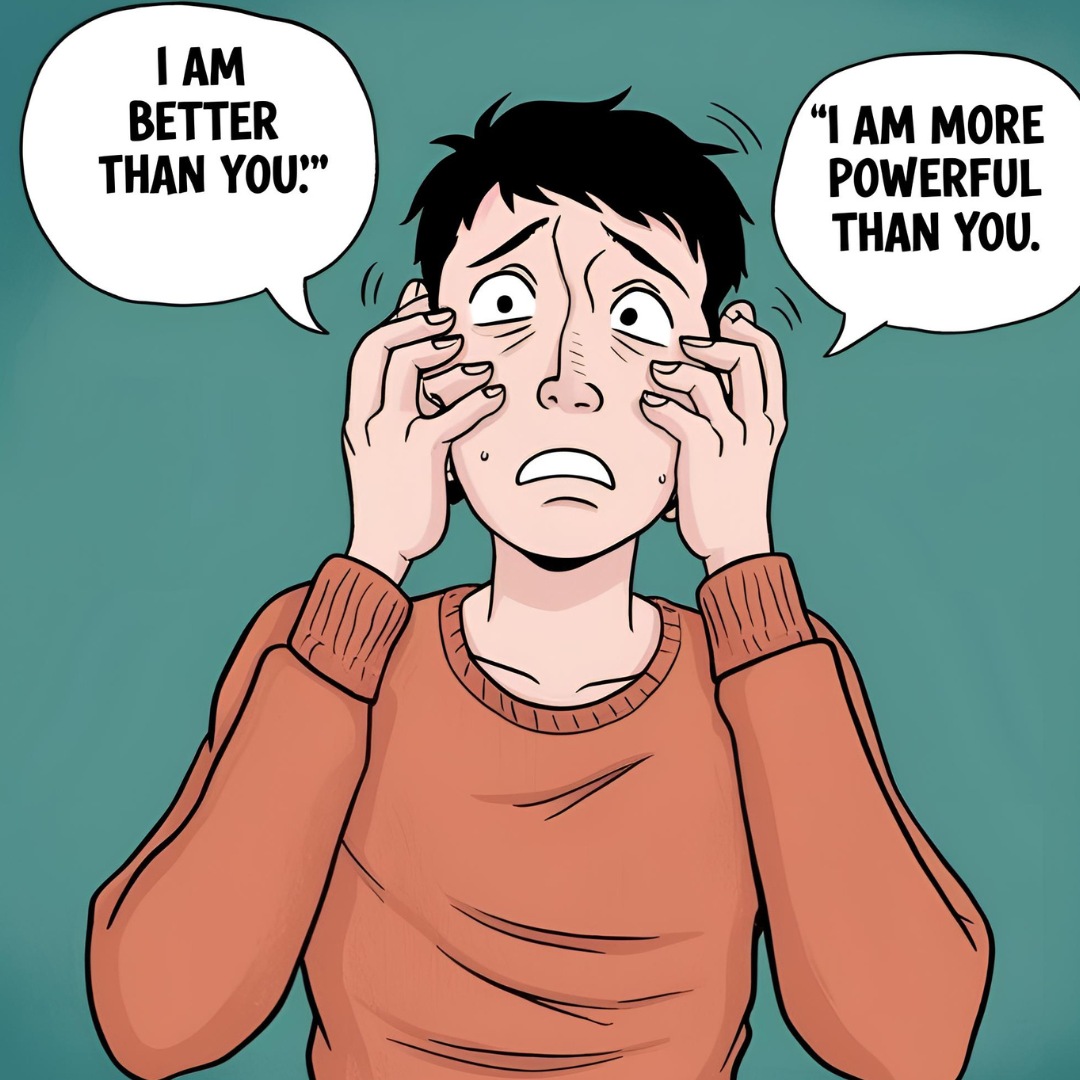-

Healing from Within: Integrating Mind and Body for BPD Recovery
•
The lives of persons who suffer from borderline personality disorder (BPD) and their loved ones can be upended by what can seem like an unrelenting storm. BPD is characterised by emotional instability, erratic relationships, and a crippling fear of being abandoned. But there is hope for BPD recovery, and it begins on the inside. Balance, […]
-

Revitalize Your Creativity: Real-Life Strategies for a Creative Reboot
•
Creativity isn’t a finite resource; it ebbs and flows, shaped by the influences we invite into our lives and the practices we nurture. At times, reigniting that spark calls for a fresh approach—an openness to explore, reconnect, and reimagine. This guide explores a variety of ways to breathe new life into your creative pursuits, both […]
-

BPD Symptoms: Is There a Place for Psychosis?
•
Psychosis is a broad concept which refers to the experience of losing touch with reality, through symptoms such as hallucinations or delusions. Historically, the existence of psychosis within BPD symptoms has been debated, with only the most recent version of the ICD (America’s official diagnostic manual) including psychoses as part of the listed criteria [1].
-

The Impact of Artificial Vertical Gardens and Green Walls on Mental Health in Public Spaces
•
In this post, we’ll explore three key psychological concepts that help us better balance our emotions.
-

Navigating Emotional Intensity: Practical Tips for Managing Anxiety and BPD
•
In this post, we’ll explore three key psychological concepts that help us better balance our emotions.
-

Emotional Balance: 3 Psychological Concepts You Need to Know
•
In this post, we’ll explore three key psychological concepts that help us better balance our emotions.
-

How to Cope with a Depression Relapse
•
Here are 8 tips to help you cope with a depression relapse and get back on track. Living with depression? You’re not alone.
-

BPD vs. NPD: The Similarities & Differences
•
Personality disorders are strongly ingrained and inflexible ways of thinking that have a negative impact on an individual´s well-being. Due to the vast array of symptoms across personality disorders, they are categorized into three distinct clusters (A, B and C) in the DSM-V. Borderline Personality Disorder (BPD) and Narcissistic Personality Disorder (NPD) are both categorized […]
-

I Don’t Have BPD; I’m Autistic (In Their Words)
•
Autism or BPD? Autism or BPD? As a follow-up on my previous autism-related pieces (e.g., here), I would like to briefly cover my autism assessment results. I guess this run-down also acts as a follow-up on my prior personality disorder writing – and pretty much all the mental health content. While sharing this is immensely […]
-

Decoding Stress: A Roadmap to Finding Balance and Wellness
•
Stress silently weaves its way through the fabric of our lives, often going unnoticed until it manifests in our health and happiness. It’s an invisible force that can shape our days and determine our moods, yet its subtle buildup makes it challenging to confront. Recognizing the triggers and understanding the personal impact of stress is […]
-

5 Strategies to Overcome and Prevent Anxiety Attacks
•
Anxiety is a common mental health condition affecting millions of people worldwide. It often manifests as excessive worry or fear, and in extreme cases, it can lead to debilitating panic attacks. However, with the right strategies and techniques, it is possible to manage anxiety and prevent these attacks. In this article on BPD Beautiful, we […]


